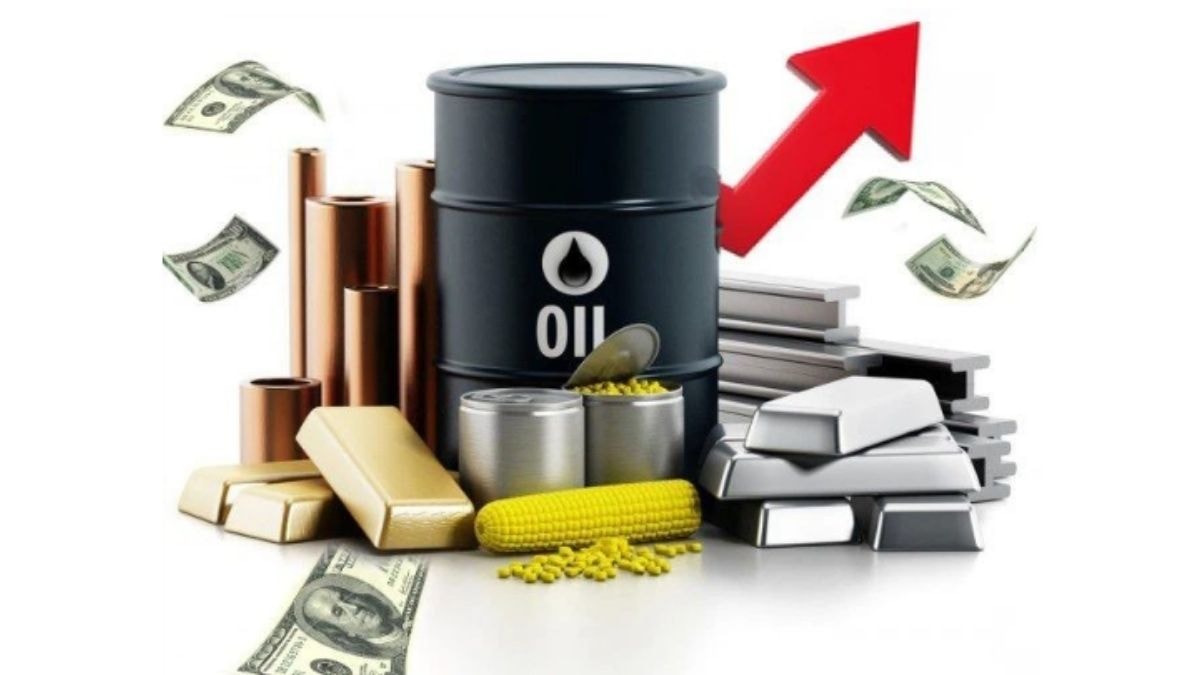Commodity prices in the US face the risk of a sharp increase due to tariffs.
Countervailing duties are causing sharp price increases for many goods in the US, from coffee and furniture to clothing, putting significant pressure on consumers.
Tariffs in the US are starting to drive up commodity prices.
In August 2025, the consumer price index (CPI) in the US rose 2.9% year-on-year, the highest level since President Trump began his second term. The main reason for this was the spread of import tariffs throughout the economy, leading to significant price increases for imported goods.

Initially, American businesses tried to bear the costs or stockpile goods to delay price increases. However, this strategy could not last, and many companies were forced to pass the burden on to consumers.
The items that saw the biggest price increases.
The August CPI report shows that many imported goods have seen significant price increases compared to a year earlier, notably:
Coffee: +21%
Audio equipment: +12%
Home furnishings: +10%
Bananas: +6.6%
Women's dresses: +6.2%
Watch: +5.6%
Auto parts: +3.4%
Of these, coffee is the most heavily impacted product. Approximately 80% of unroasted coffee imported into the US comes from Latin America, particularly Brazil, which currently faces tariffs of up to 50%.

Widespread price increases are putting immense pressure on people, especially low-income households. Wages are not keeping pace, leading to higher costs for essential needs such as food, fuel, clothing, and housing.
Clara Moore, 44, of New Jersey, said her family's grocery bill has increased from $175 to around $250 per shopping trip. To save money, she has been forced to cut back on entertainment and online shopping.
Businesses are forced to pass costs on to consumers.
According to the U.S. Federal Reserve, many companies can no longer afford the new tariffs and are beginning to raise retail prices. Home Depot, Macy's, and Nikon are among the businesses that have publicly adjusted prices.
Economists predict that in the coming months, consumers will bear about two-thirds of the costs from the new tariff packages. As a result, spending habits will change, with people prioritizing essential items over non-essential purchases.
Despite the White House's assertion that inflation remains low and the economy is benefiting from tariff policies, experts believe that upward price pressures will persist. With this trend, Americans will have to tighten their spending, while businesses will continue to face significant challenges in balancing profitability.



